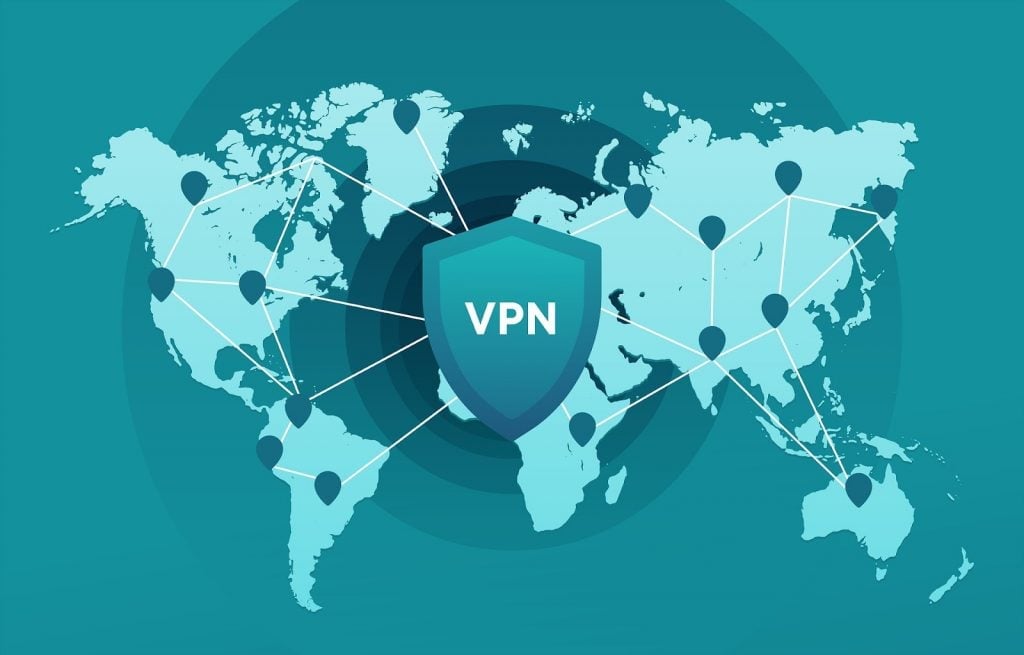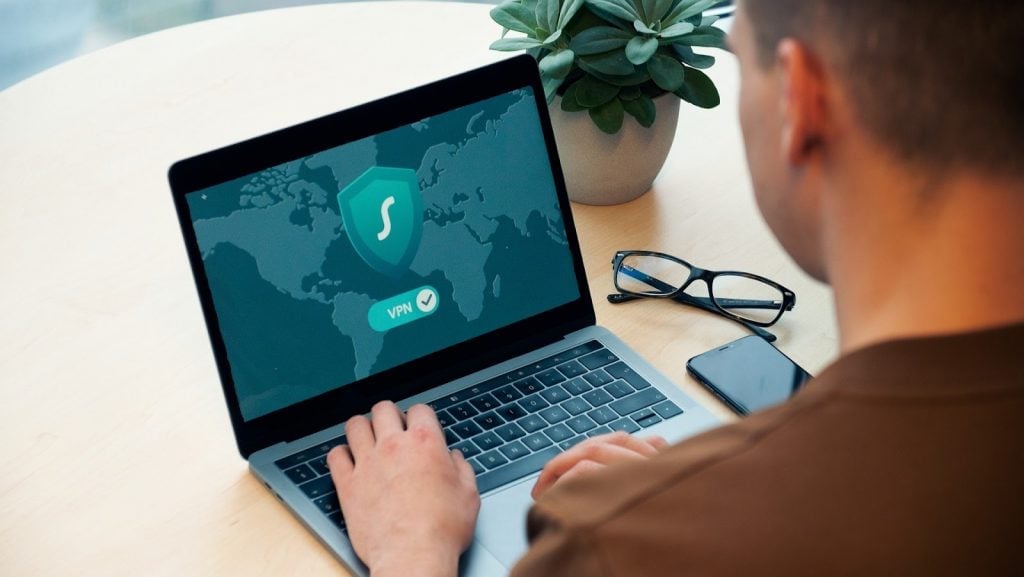Like many other exchanges, Gate.io is a reputable and established global exchange serving many crypto traders and investors. Still, it isn’t available in all countries, which can be problematic if you travel and want to continue using the crypto trading platform.
In February 2022, Gate.io updated its list of countries with prohibited services. This list now reads United States, Mainland China, Canada, Singapore, Malaysia, Malta, Cuba, Iran, North Korea, Sudan, Syria, Venezuela, Crimea region, Bangladesh, Bolivia, Ecuador, and Kyrgyzstan.
So, if you’re travelling to any of the above countries and want to sell or trade on the Gate.io exchange, it may be impossible to log in to your account for spot trading Bitcoin or to trade digital currency on the popular Gate.io app. If you have a settlement date or want to check your coins portfolio, sell or trade for profit on the go, a little planning for your travels means you can continue to enjoy using your Gate exchange account.
As a Gate.io customer, you might not wish to use other crypto exchange services to buy, sell or leverage your Bitcoin or other cryptocurrencies when you are travelling. Therefore, many other users visiting sanctioned countries find a VPN useful when they’re on business trips (to Japan for instance), in order to trade or access their crypto accounts.

What are VPNs?
VPN is an acronym for Virtual Private Network. A VPN masks your IP (internet protocol) address by creating a hidden, private network, which means that everything you do online is untraceable, such as margin trading with leverage, logging in to crypto lending platforms and any other activities on your chosen device.
A VPN service establishes secure encrypted connections, ensuring a higher level of privacy, meaning you can protect your cryptocurrency transactions. More traders are turning to VPNs to protect their valuable cryptocurrency portfolios at home, but the fact is you can use your VPN anywhere in the world, even in sanctioned countries.
Therefore a VPN is ideal for any public Wi-Fi in any country as long as a server network is available. A VPN is a good security measure similar to the more secure offline crypto wallets.
Why do Crypto investors Need to use a VPN Service?
Most experienced traders use a VPN service for margin trades, fiat currency transactions, crypto trading pairs, or building an investment portfolio of cryptocurrencies. When surfing online with an unsecured Wi-Fi network, your private information is at risk, especially vulnerable financial information on crypto exchanges or your trading apps. Your banking or exchange login details could be exposed to identity thieves or hackers.
Unless you are browsing at home with secure Wi-Fi, encryption protected, and a strong password, you risk your coins on a cryptocurrency exchange, your mobile trading app, or your digital wallet.
Securing your Exchange Account

You probably know that if someone gets access to your cryptocurrency account, they could send your cryptocurrency anywhere they like, and there is nothing you can do to recover it.
Imagine logging in to your account to find your trading funds, Bitcoin or other coins gone. It could be your worst nightmare. It’s why cryptocurrency exchanges take cybersecurity seriously. Still, if someone gains access to your account because of connecting to an insecure public Wi-Fi address, that’s not the fault of the cryptocurrency exchange.
How does a VPN work?
A VPN encrypts your data when you are online, so if you’re on a crypto exchange, margin trading, shopping, sending emails, or logging in to your bank, a VPN scrambles every transaction.
Whatever device you use, a VPN encrypts users’ details. Suppose you are commenting on posts on Discord or Reddit, for example. In that case, the VPN has the ability to reroute information through a tunnel to the servers of the remote VPN service provider, so nobody can track your location, know who you are, or what you are doing online. This keeps your data safe.
One significant danger is that a cybercriminal can easily create free public Wi-Fi. For instance, they create a login, spy on your crypto trading activities, and steal your personal data once connected to internet traffic. You may sign in securely to a coffee shop Wi-Fi only to find that your crypto account is now empty of coins.
The Key Features for choosing a Suitable VPN

- Choose a strict zero-logs policy provider, meaning they cannot track or log your activities when you trade on a Windows, iOS, or Android mobile device.
- Does the VPN provider run up to date security DNS protocols? If online forums are to be believed, SurfShark’s software has the strongest encryption security protocol
- Does the provider set restrictions? Ideally, choose a VPN service with an unmetered service. Most free services are metered
- What countries are the legal VPN servers located in? For faster speeds, check if there are servers in the country you want to trade using a VPN? Quick loading times are crucial for cryptocurrency trading
- Does the VPN have a simple interface?
- Does it have a kill switch that automatically disconnects your device from the internet if you lose your VPN connection?
- Can you install it on another device, and can it run on mobile apps?
- Cost? A free VPN might seem appealing with similar features. Still, in the long run, the extra cost of a paid VPN with good security and services is the best value for trading Bitcoin when travelling.
Conclusion
It’s perfectly OK to use a VPN in a sanctioned country. Before making a final choice, check other providers online and follow links to customer reviews. It’s easy to think your mobile trading app is safe from prying eyes, but your Gate.io account is as much at risk on your mobile device as any other device, so it pays to secure your transactions at all times.
Plan ahead for your travels. Choose an unmetered, secure service that fully meets your needs and requirements, allowing you to log in and use all the Gate.io services.